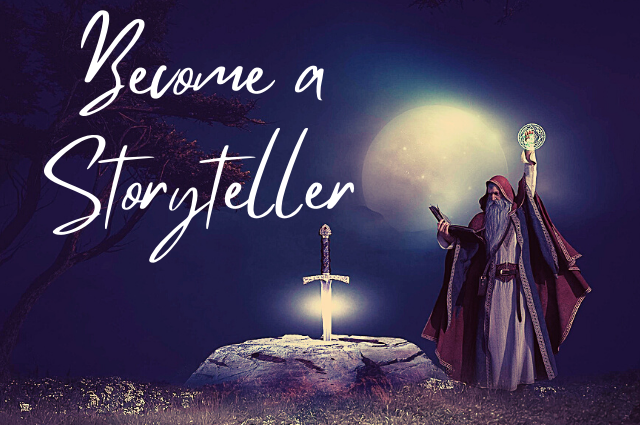Storytelling isn’t easy. Although some fiction authors seem to have been touched by God to tell stories in a seemingly effortless manner than others, they find storytelling difficult at times, too. The good news is that anyone and everyone can learn to write fiction and become storytellers. To begin, you will need to examine human life, yourself, and others, to discover how, what, and why people do what they do. Through a close study of author John Truby’s “The Anatomy of Story,” we will examine several key points that Truby requires an author must know to become a better storyteller.
The Organic Storyteller
As a fiction author, you need to study people and situations. Analyze why scenarios played out the way they did. How did a person react? Did it make the situation worst or did it diffuse a problem? Were others involved and how did they react? What was the final outcome? Did people grow and learn from the issue or did they regress into something worse? They are general questions an author should take with them when they decide to write a story. Knowing these outcomes and the psychology behind these choices will help you become a better storyteller.
“The story must feel organic to the audience; it must seem like a single thing that grows and builds to a climax.”—John Truby
Truby is referring to an author knowing his or her characters to such a high degree that it seems as if the characters are making the choices (which they are) and not the author (they are, too). As I said earlier, this is not an easy feat. But it is not impossible, either. It takes work and time. When done correctly, the characters will appear more than just semi-relatable people on a page. They will instead be real people with emotions and free wills of their own. They will be your creations. And from them comes their adventure—their plot. These plots will be personal to them because they will grow and change by the novel’s end.
Three Storytelling Elements
“A speaker tells a listener what someone did to get what he wanted and why.”—John Truby
This seems simple enough. It’s Truby’s way of breaking down a general perspective of what is storytelling. It clearly defines the three elements that create fiction: a teller, a listener, and a story. Once an author breaks down storytelling like this, it suddenly becomes easier to understand and perform. It just involves a person telling another person about something he or she didn’t know. That’s it.
But wait. There’s more.
It is up to the storyteller to make the moments that he or she tells is as vivid with detail and compelling that the listener cannot lose interest. The story is written is told in such a fascinating manner that the listener doesn’t realize they are simply hearing a story—they feel as if they are within that story and living in someone else’s experience.
“The author creates this puzzle in two major ways: he tells the audience certain information about a made-up character, and he withholds certain information.”—John Truby
The puzzle metaphor is perfect because it forces the reader to put the clues of the story together, hopefully solving the mystery before the author provides the ending. Not allowing the reader to have possession of the clues, but still allowing them to have enough to solve the problem on their own, is critical to the fiction. It is mandatory because it keeps the reader interested and guessing how the end will play out.
All well-told stories have both: the emotion and the puzzle.
Storytelling and the Dramatic Code
“The dramatic code, embedded deep in the human psyche, is an artistic description of how a person can grow or evolve.”—John Truby
Think of the dramatic code as the moral of a story, some type of either positive or negative lessons that the author intends to convey to the reader. Truby considers the desire of the character as the primary moving force that will allow him to venture throughout the dramatic code. It is our wants and desires (not needs) that fuel us. So is the same of storytelling. A character wants something. He goes through obstacles to get it. It’s as simple as that.
Think of drama as a form of maturity, changing a character into someone different by the tale’s end. The dramatic code allows the reader—through the fiction—a way to better themselves. That is the purpose of storytelling.
If you want to improve the suspense in your writing, download my eBook here.
If you want to edit your book, visit my services page here.
To view my creative writing videos on YouTube, click here.
